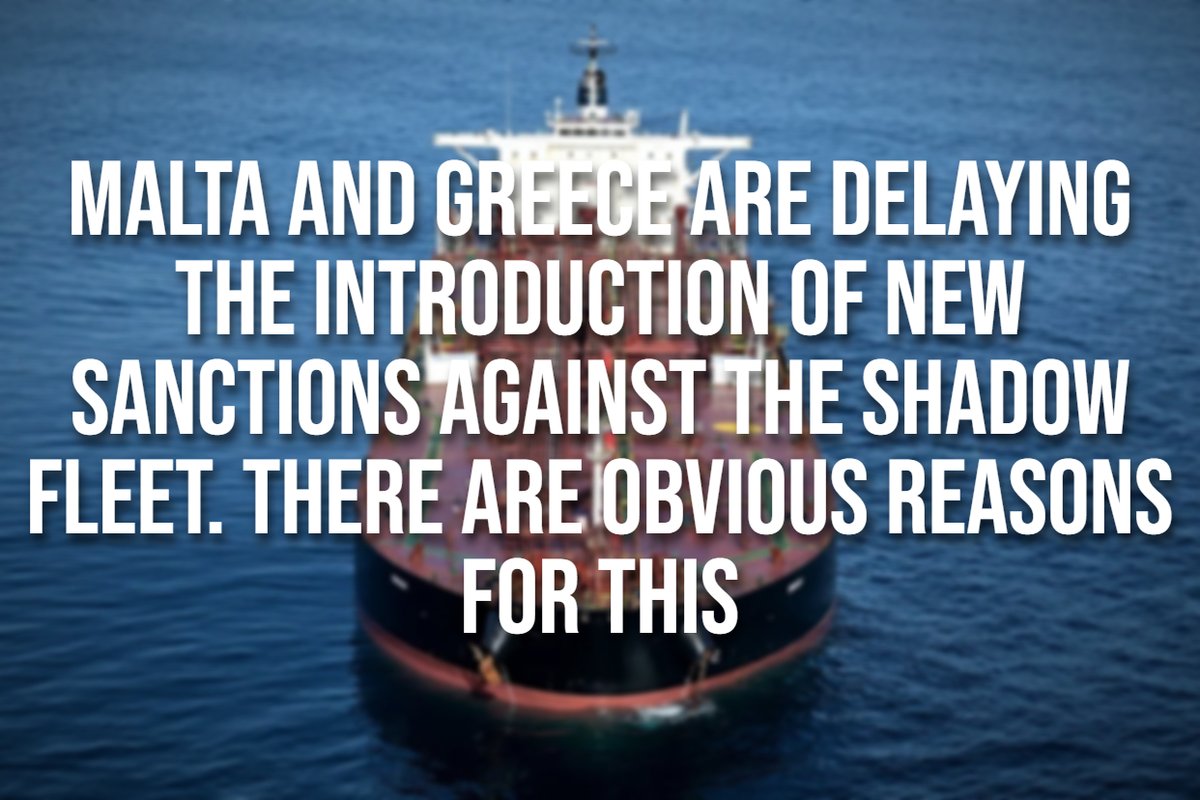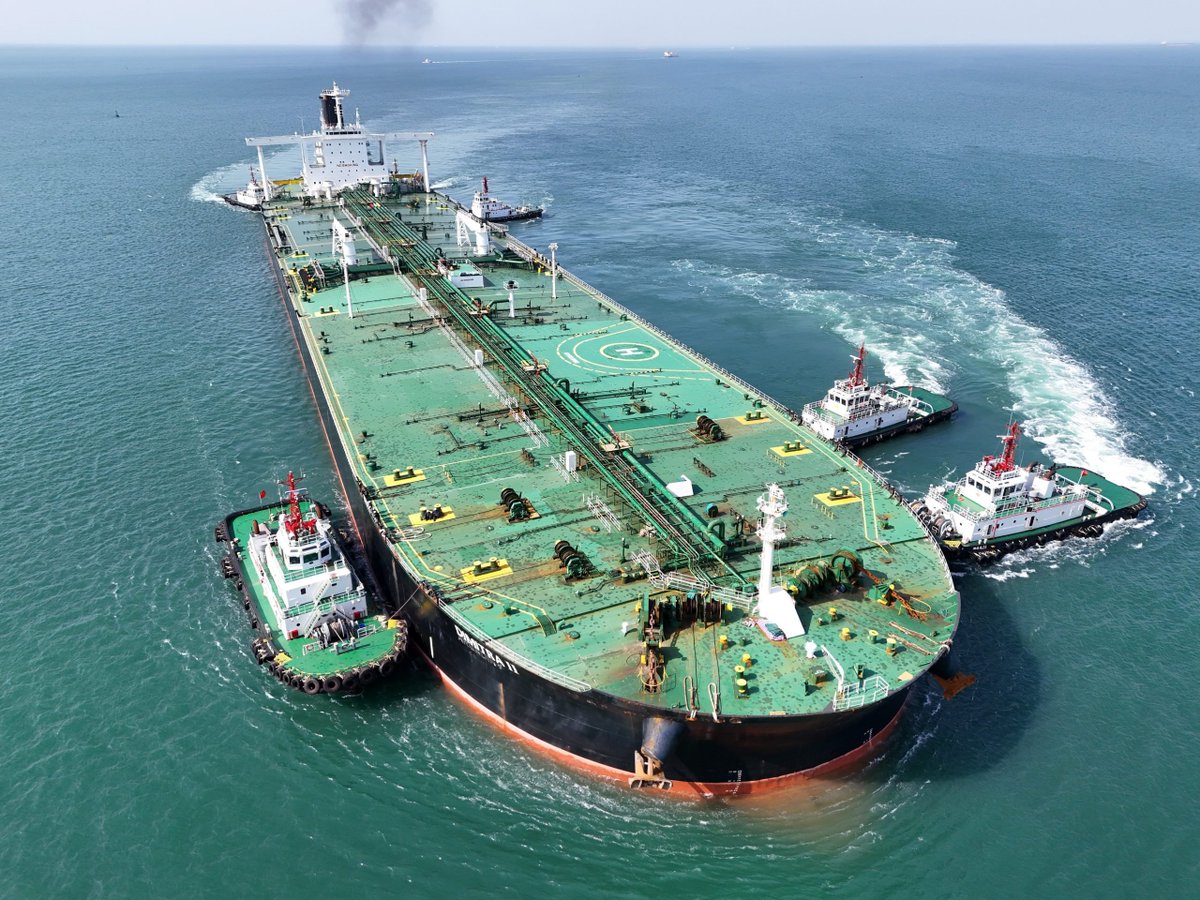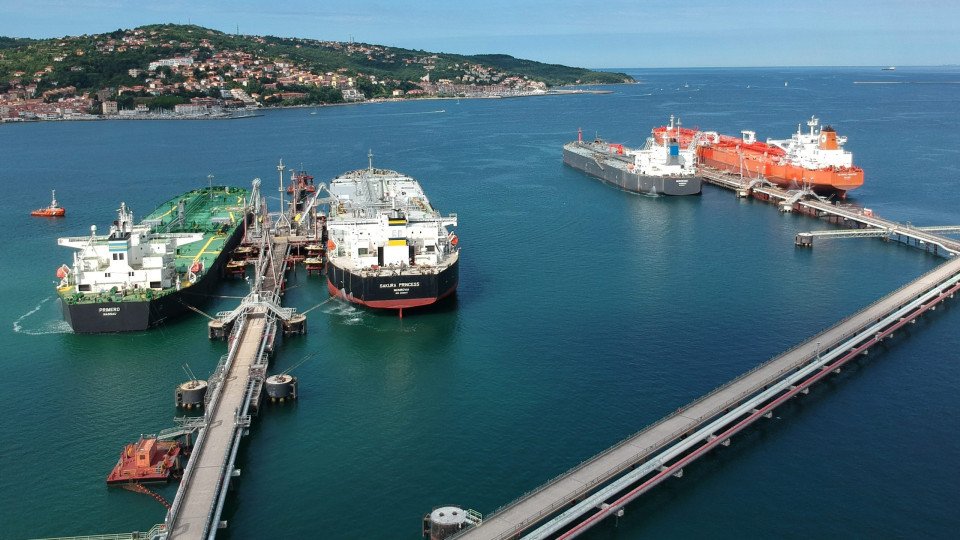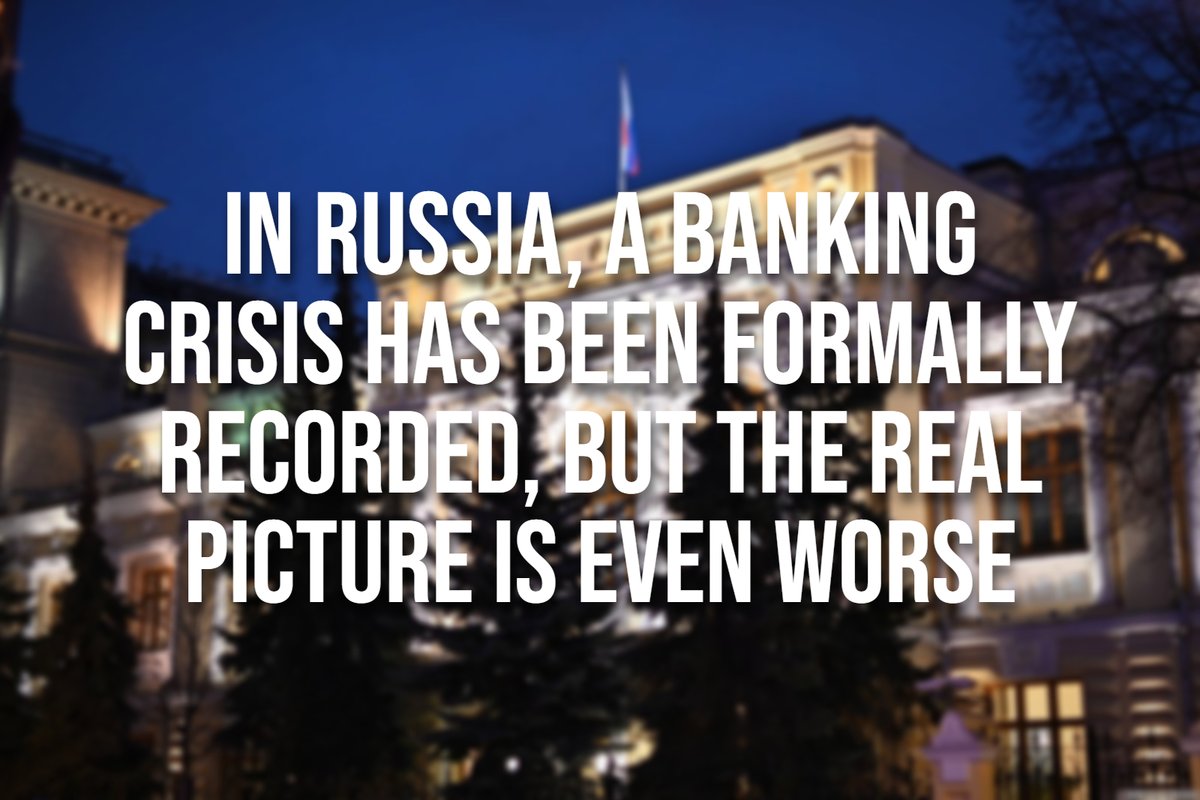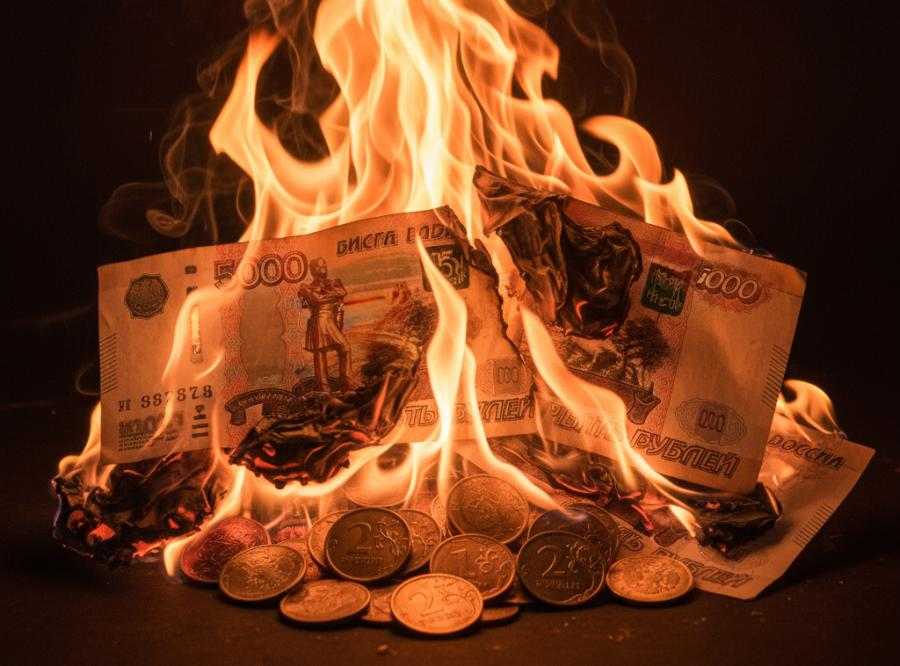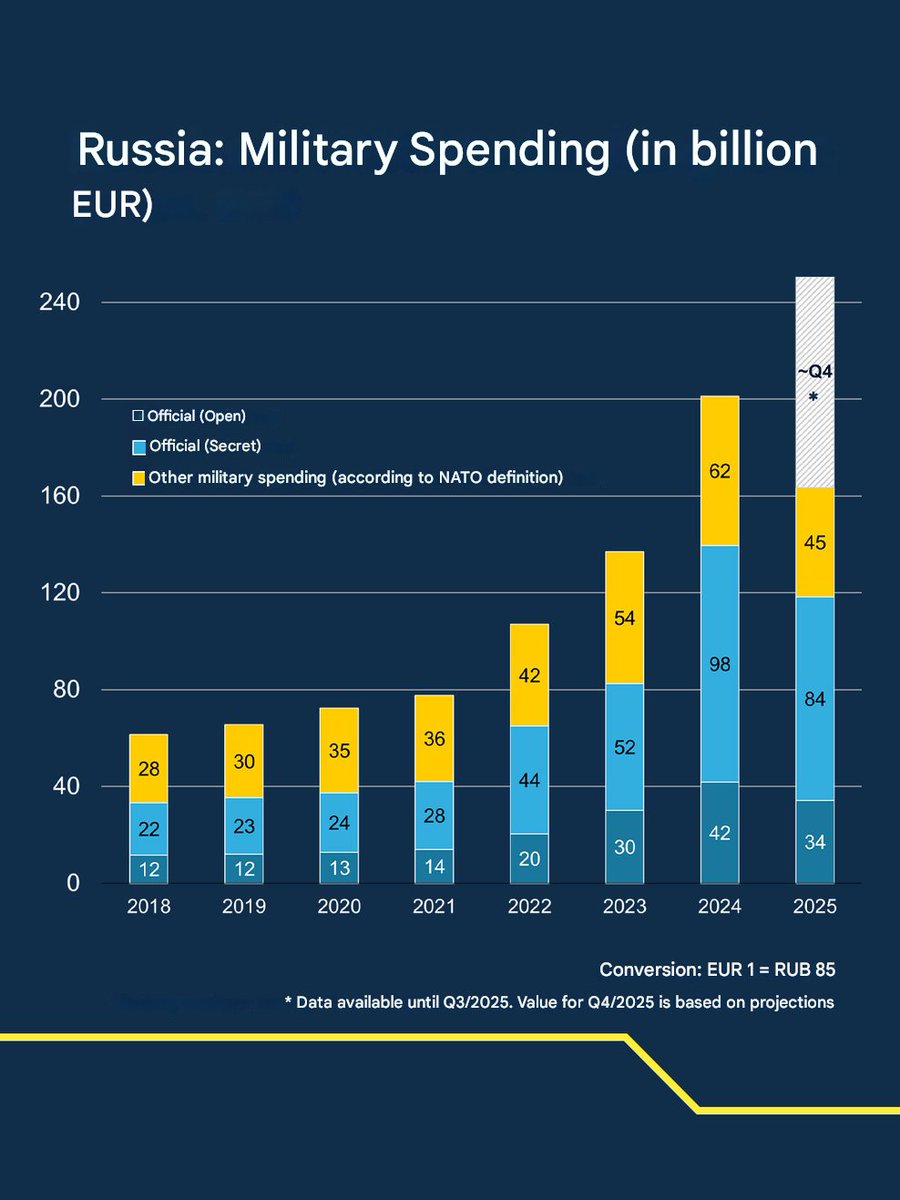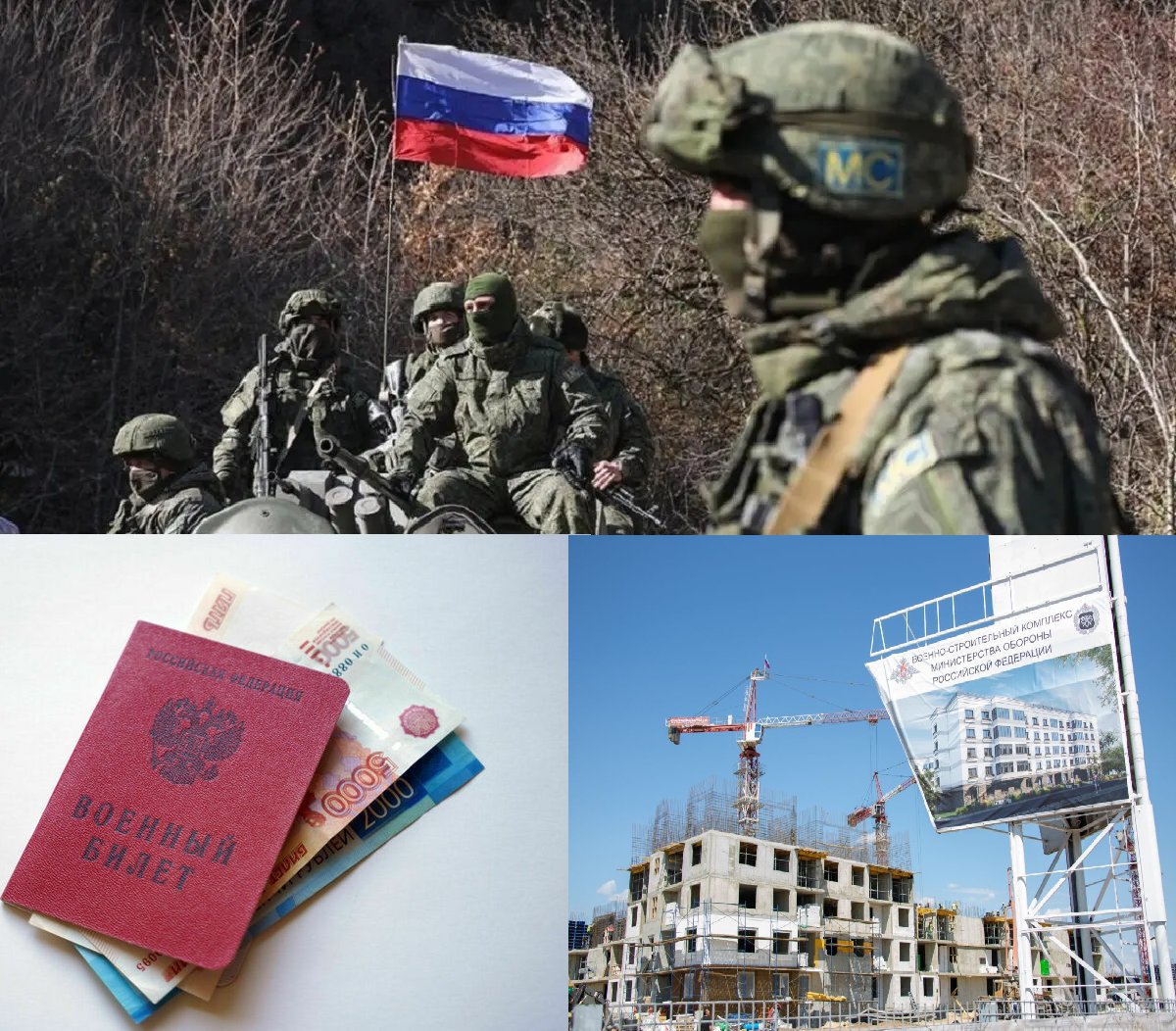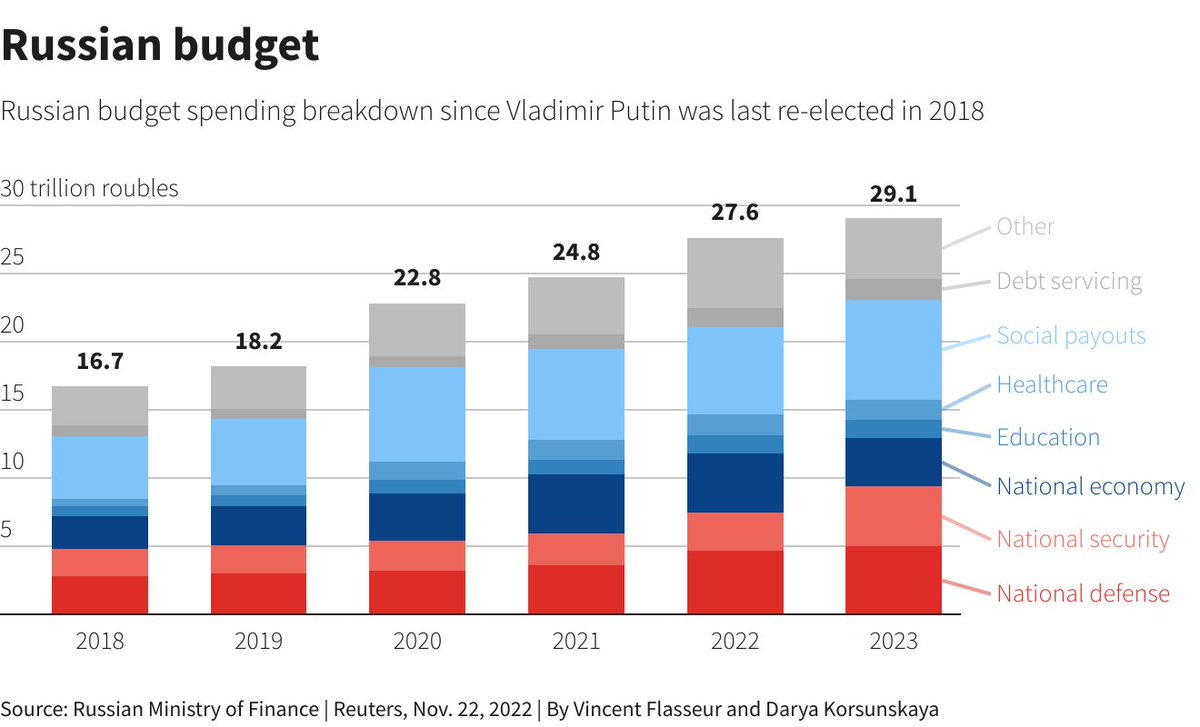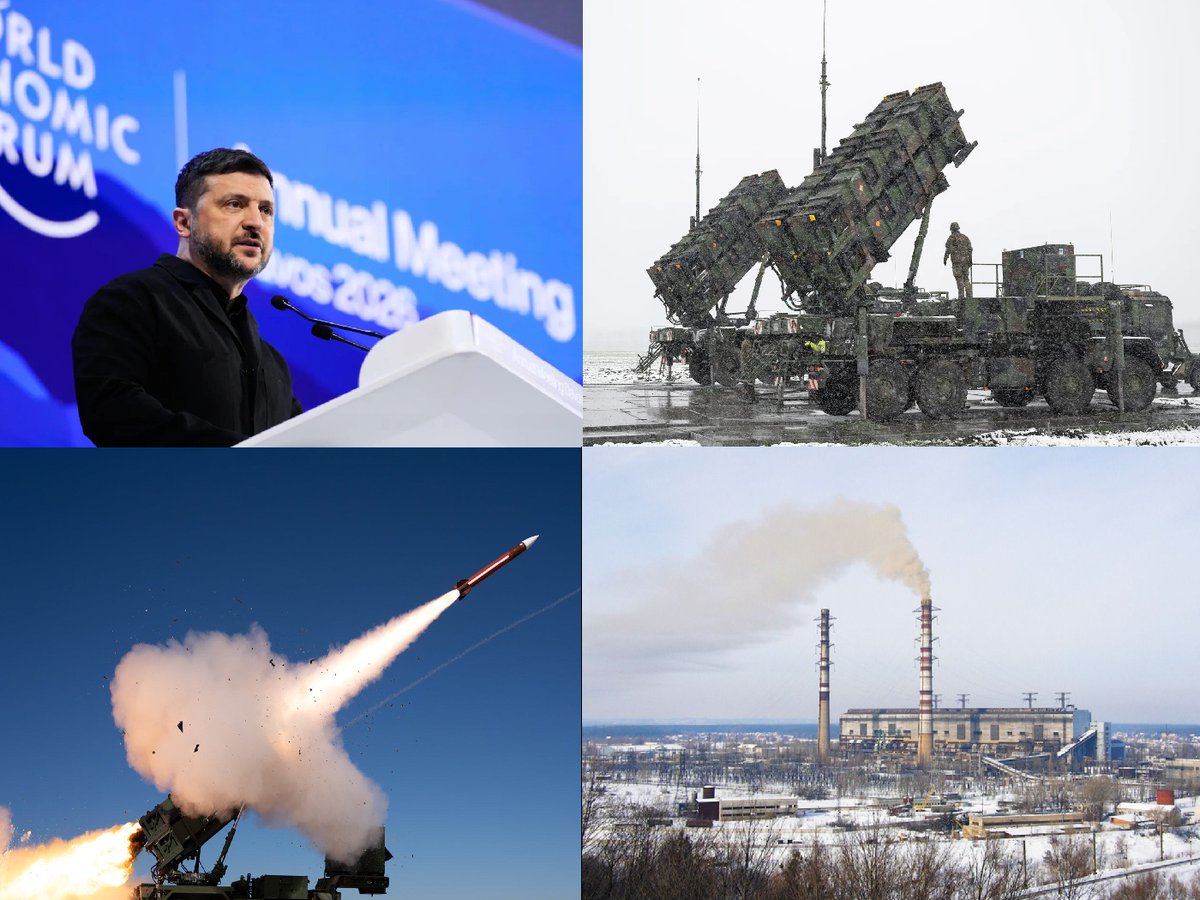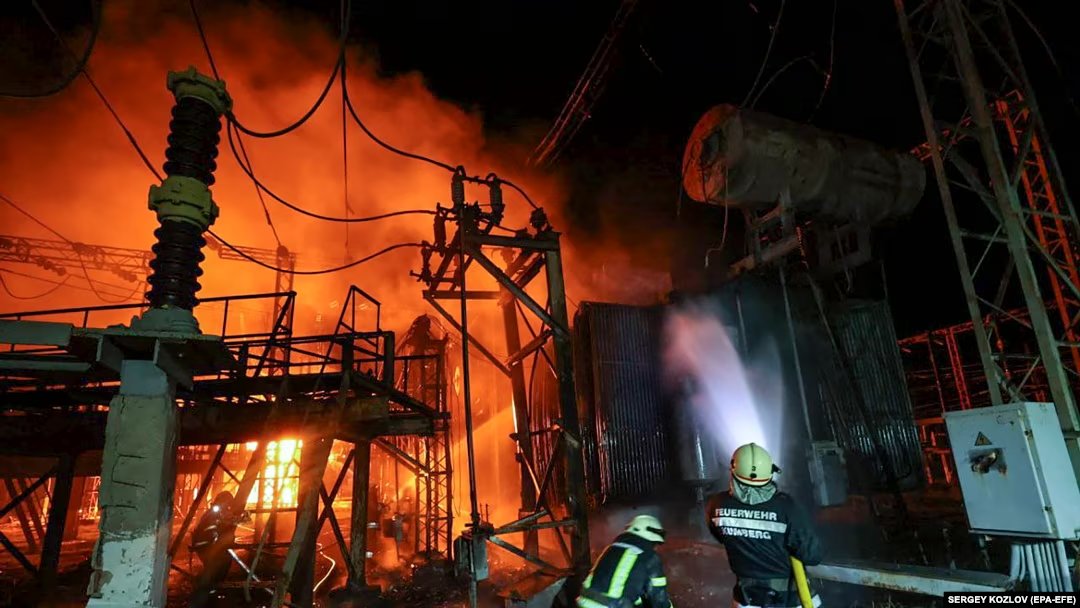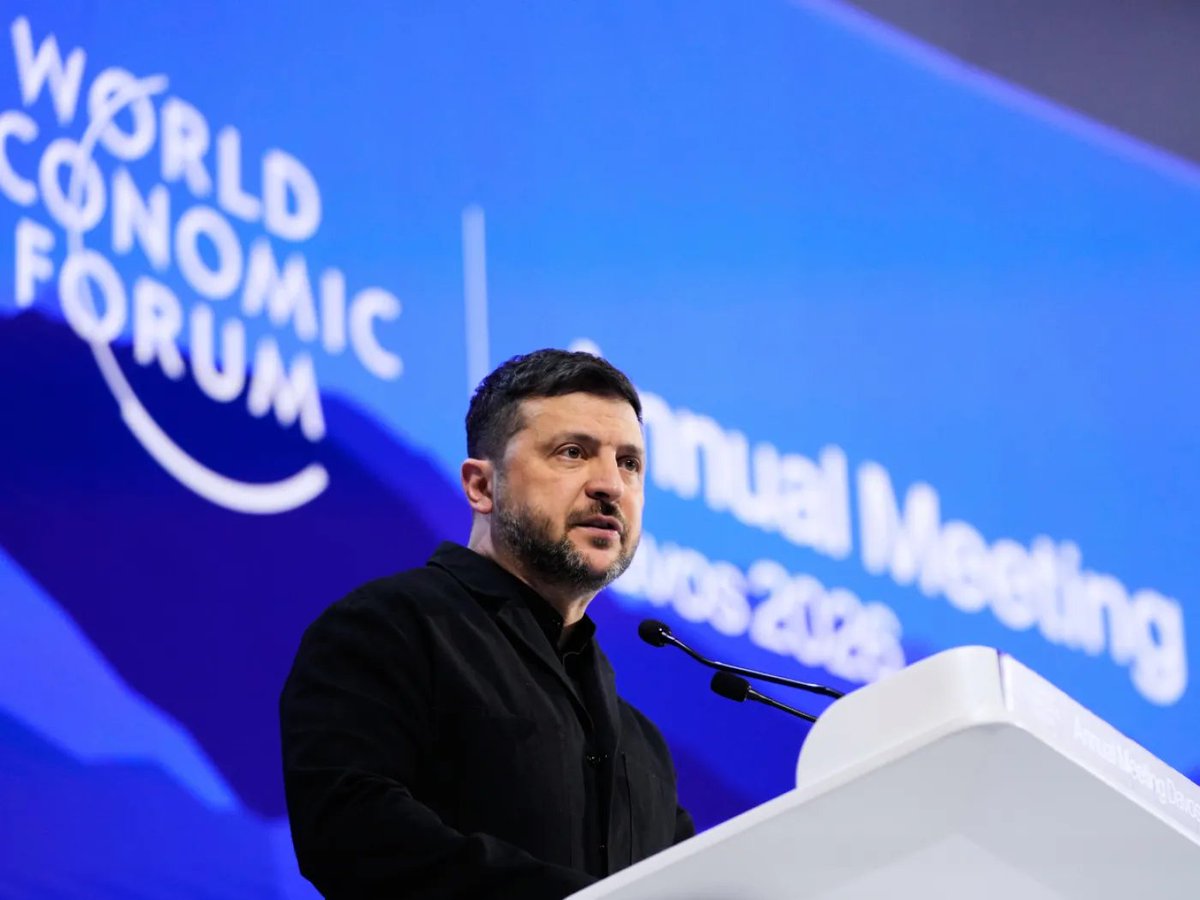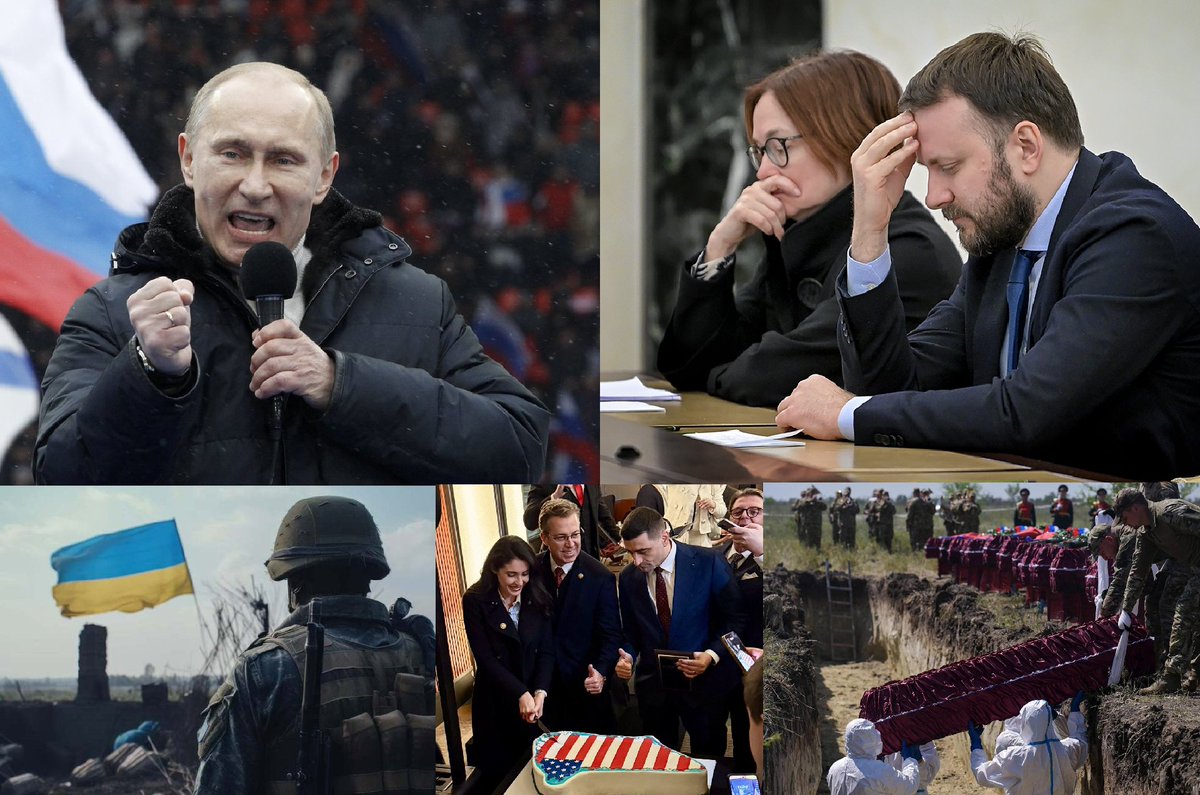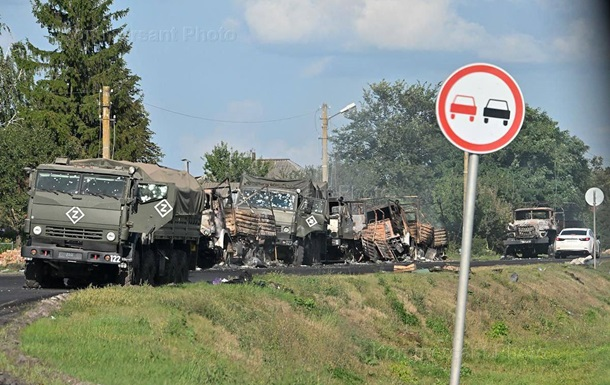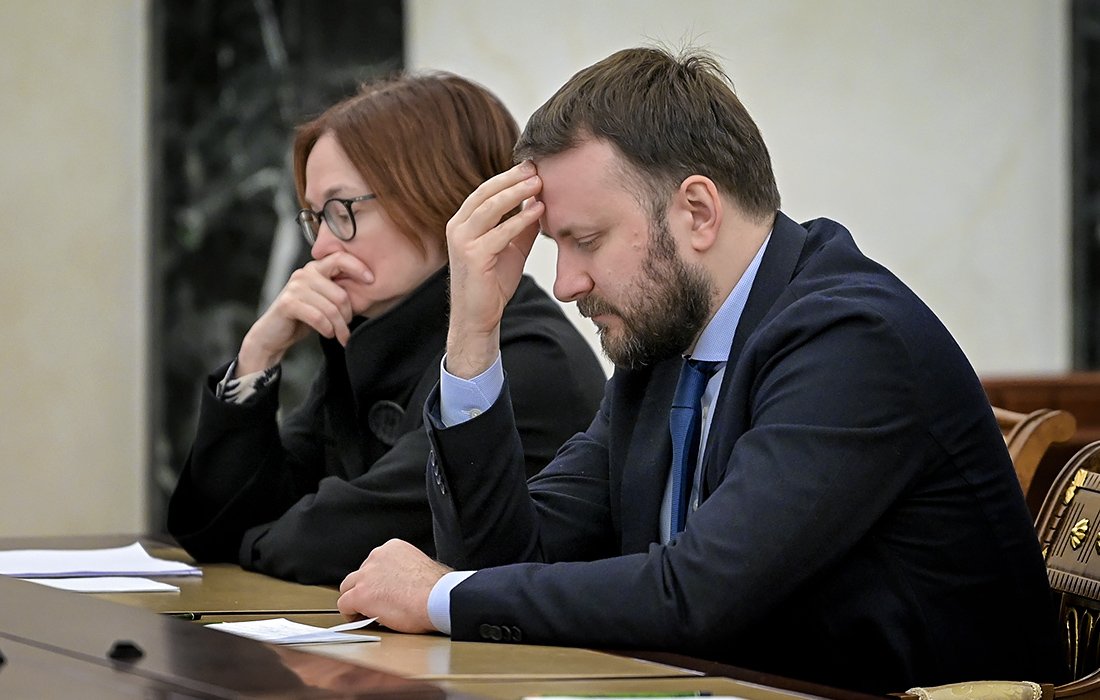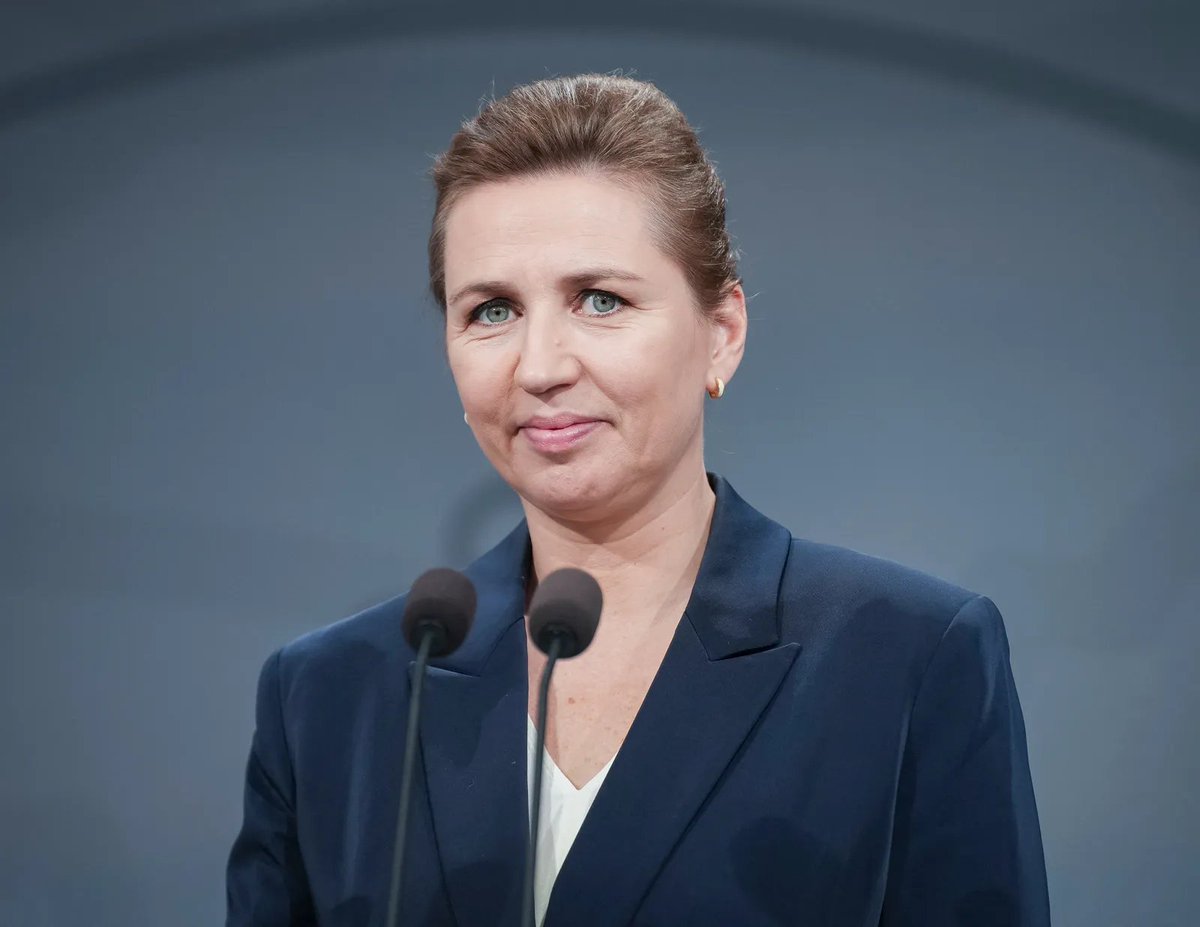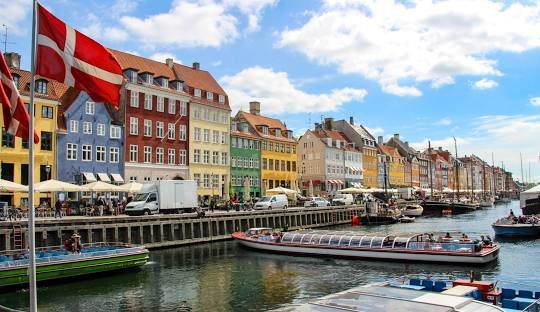The Russian Defense Ministry continues to be in chaos. Putin has made another reshuffle, appointing his cousin's daughter Anna Tsivileva (née Putina) to one of the positions of deputy defense minister. One of Russia's most corrupt officials. Before that, she managed the
1/13
1/13
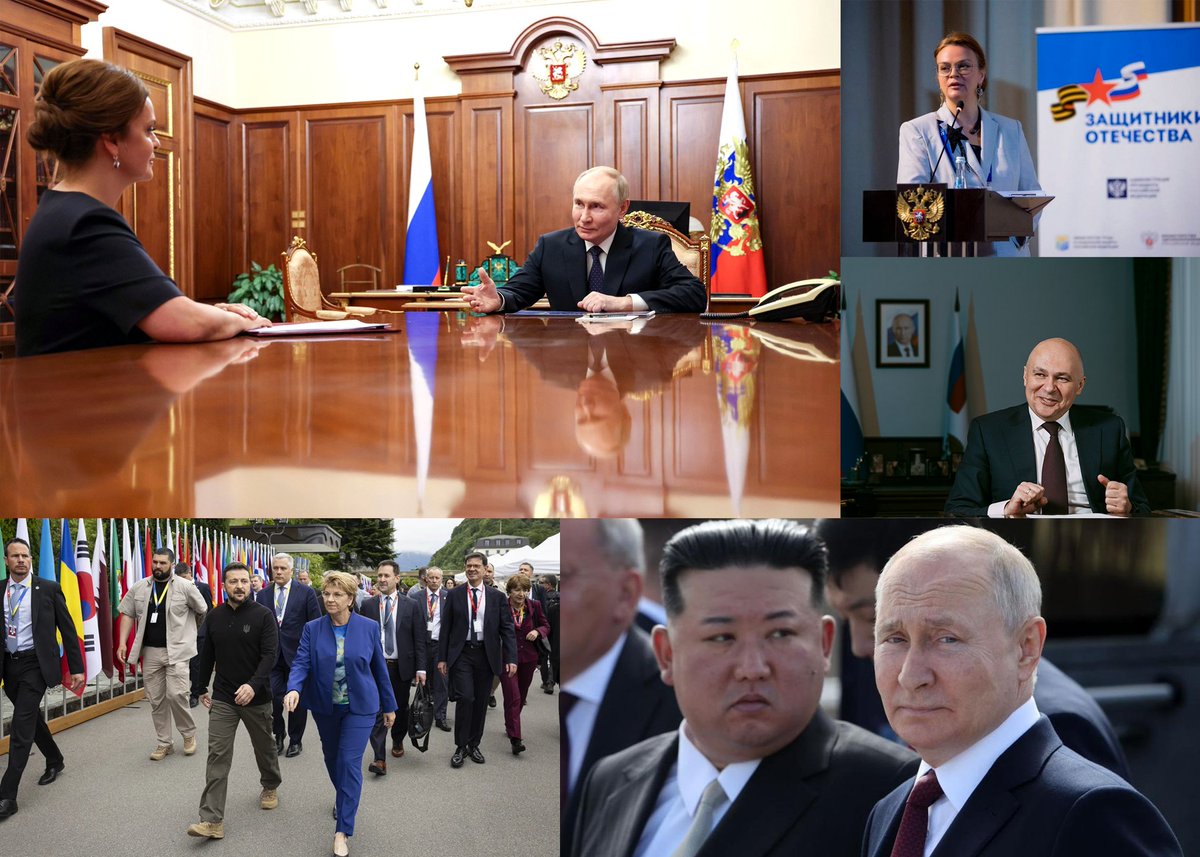
"Defenders of the Fatherland" fund. This is a fund to help participants in the "special military operation." Now her responsibilities will include organizing social and housing support for military personnel. Construction is almost the biggest area for corruption. Pavel
2/13
2/13
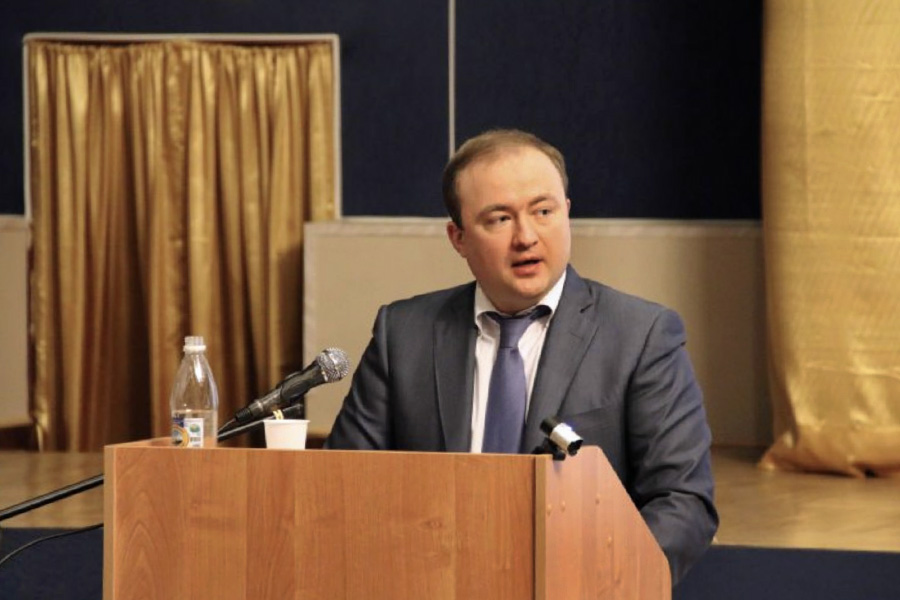
Fradkov has been appointed as another deputy. He was the first deputy of the Chief of the Presidential Property Management Department of the Russian Federation. Leonid Gornin has been appointed to the position of First Deputy Minister of Defense. Previously, he was the
3/13
3/13
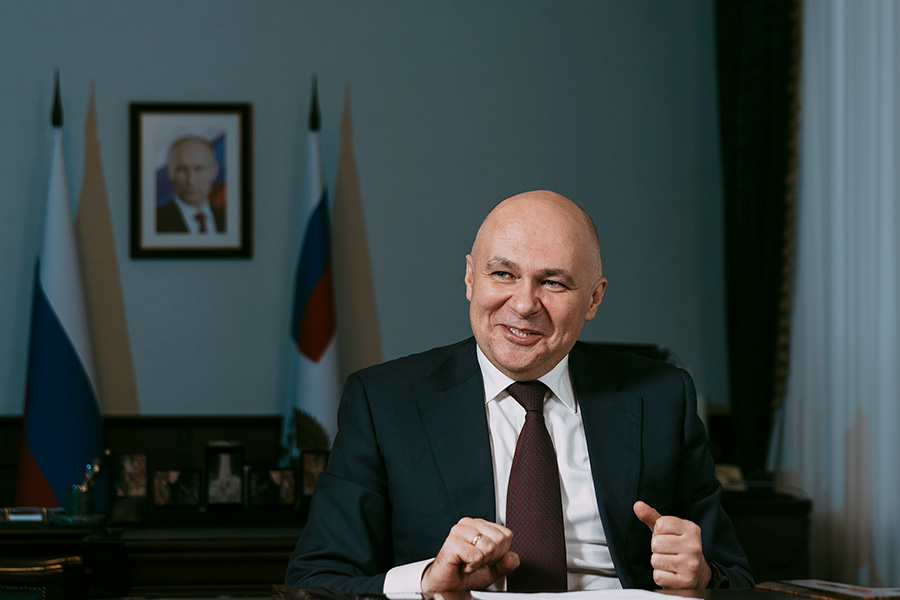
First Deputy of the Minister of Finance. Now he will oversee the financial support of the armed forces. These names may not mean much to an uninitiated person, but this is not so important. What is important is that when Andrei Belousov took the post of Minister of Defense,
4/13
4/13
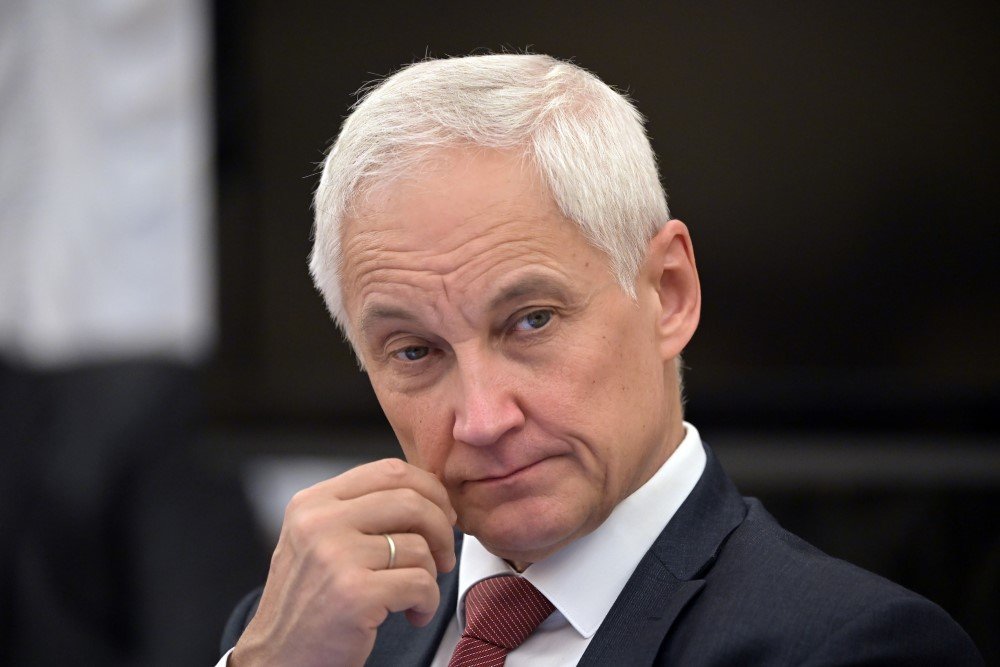
he came without a team and now Vladimir Putin is appointing assistants to him. Since the money began to run out, he decided to bring bureaucrats to these positions. And relatives at the same time. None of them have any idea about the army. Only distantly. Tsivileva became
5/13
5/13
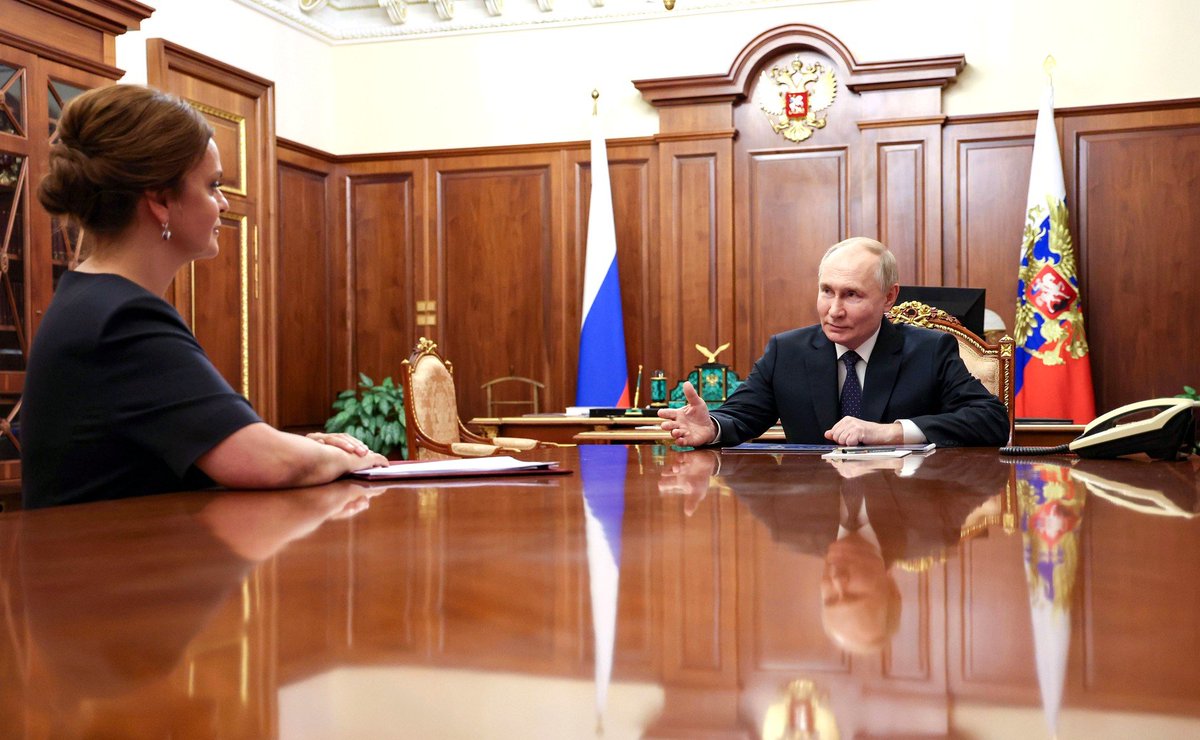
famous for the fact that when her "Defenders of the Fatherland" fund received in June 2013 1.314 billion rubles, more than 70% of this fund was assigned to employee salaries. Plus the costs of maintaining the office and training coordinators. In total, 97% of the fund went
6/13
6/13

to its maintenance. 3% was allocated for psychological assistance to veterans. Later, the government allocated another 5 billion rubles to the fund. In addition, soldiers complained about the fund that it did not transfer the required payments. So the new team of the
7/13
7/13

Minister of Defense, called upon to fight corruption and reduce expenses, will work great. Great for Ukraine. The first thing these people will most likely start doing is conducting audits and calculations. Putting things in order and seeing where and how they can cut
8/13
8/13

expenses. Of course, for their own profit. In addition, these people have never worked in the same team and most likely there will be a struggle for funding. And there is less and less finance. Such team building in the middle of the Russian offensive will only add disorder
9/13
9/13
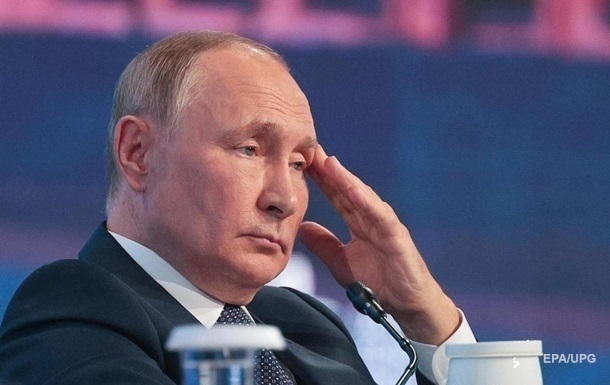
and chaos. Again, this does not mean that the Russian army will soon collapse. It still has a lot of cannon fodder. It still has a lot of resources. But the fact that Putin started talking about peace again last week and this time his demands were a little more modest
10/13
10/13
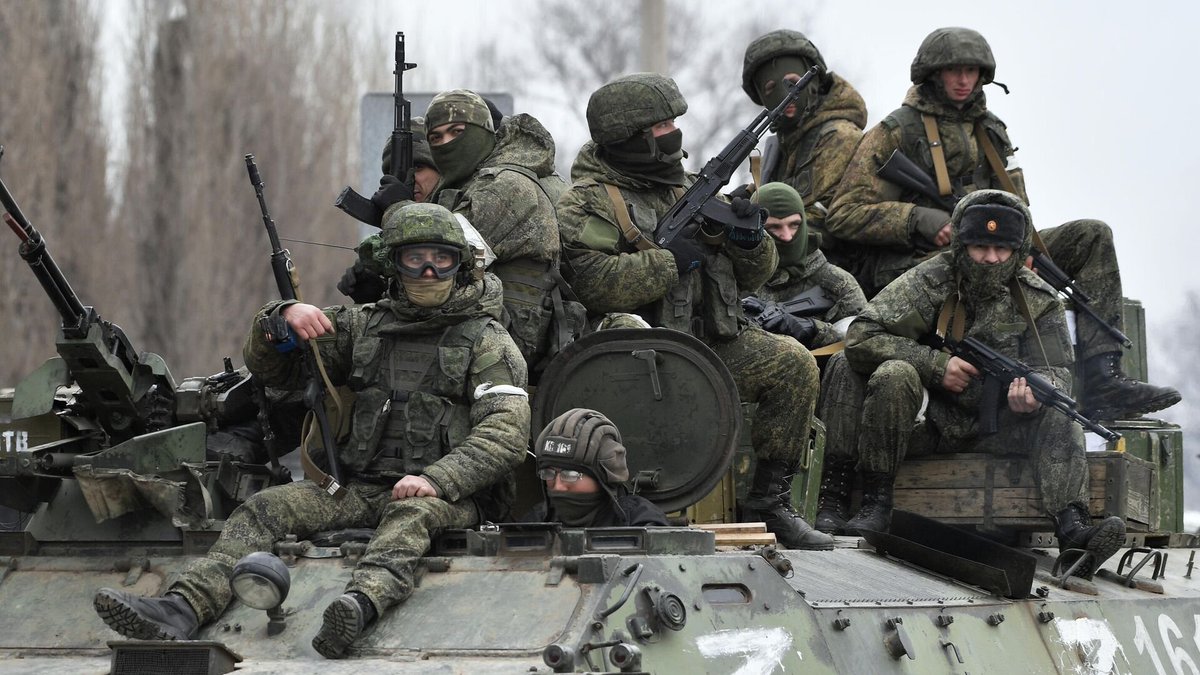
than before, says, that he understands that there are problems and he is scared. The more aid to Ukraine and the stronger the unity of the West, the more Putin is afraid. His flight to North Korea, possibly for new ammunition in exchange for technology, also speaks of
11/13
11/13
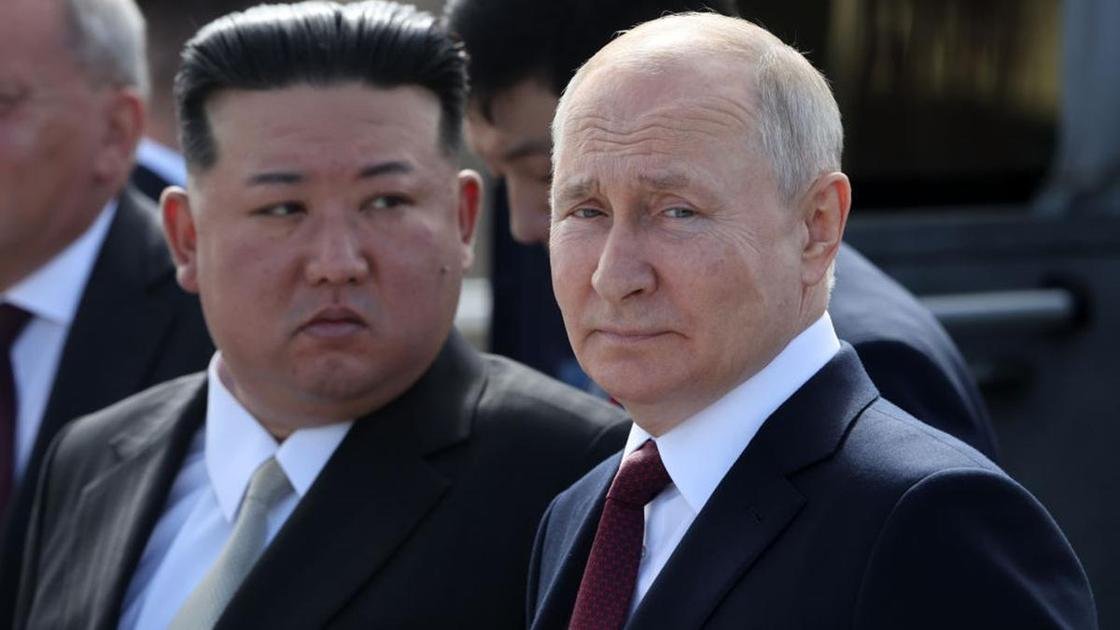
problems. Putin has long been afraid to fly anywhere. This time he removed several fighter planes from the front for escort. The window of opportunity for Russia is closing. The offensive on Kharkiv has failed. There are no successes on other parts of the front either.
12/13
12/13
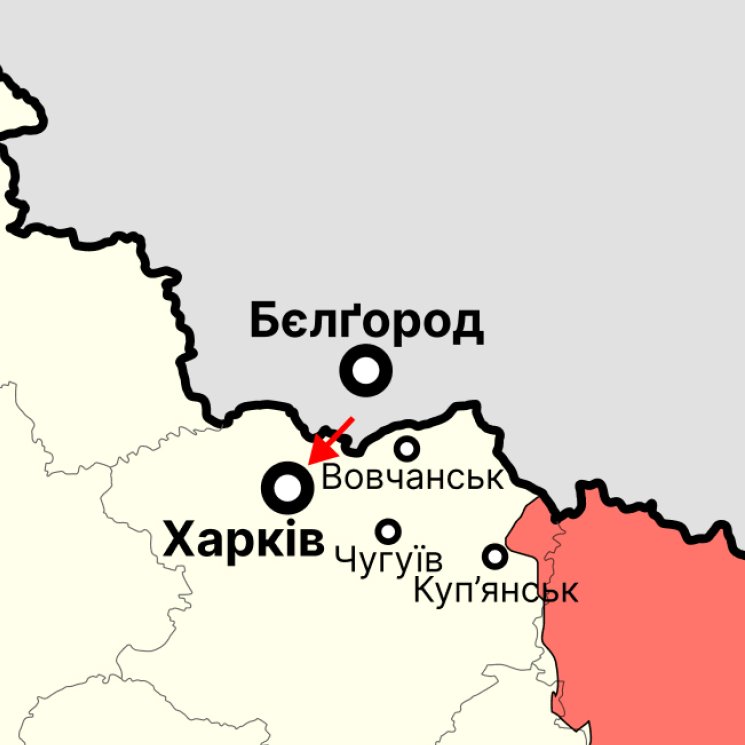
Ukraine has more and more allies and weapons supplies. There is still a difficult and long struggle ahead, but it is obvious that Russia's problems are only accumulating and new people in the army leadership will only worsen the situation.
13/13
13/13
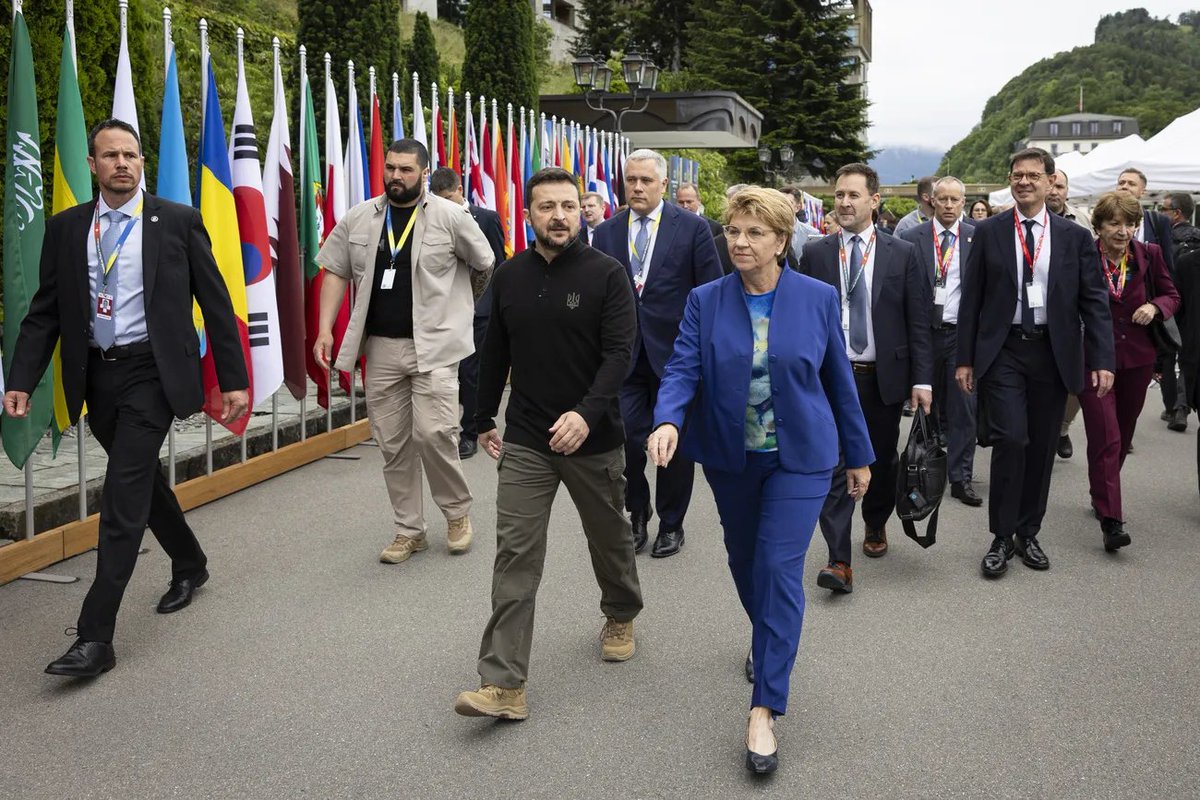
• • •
Missing some Tweet in this thread? You can try to
force a refresh


